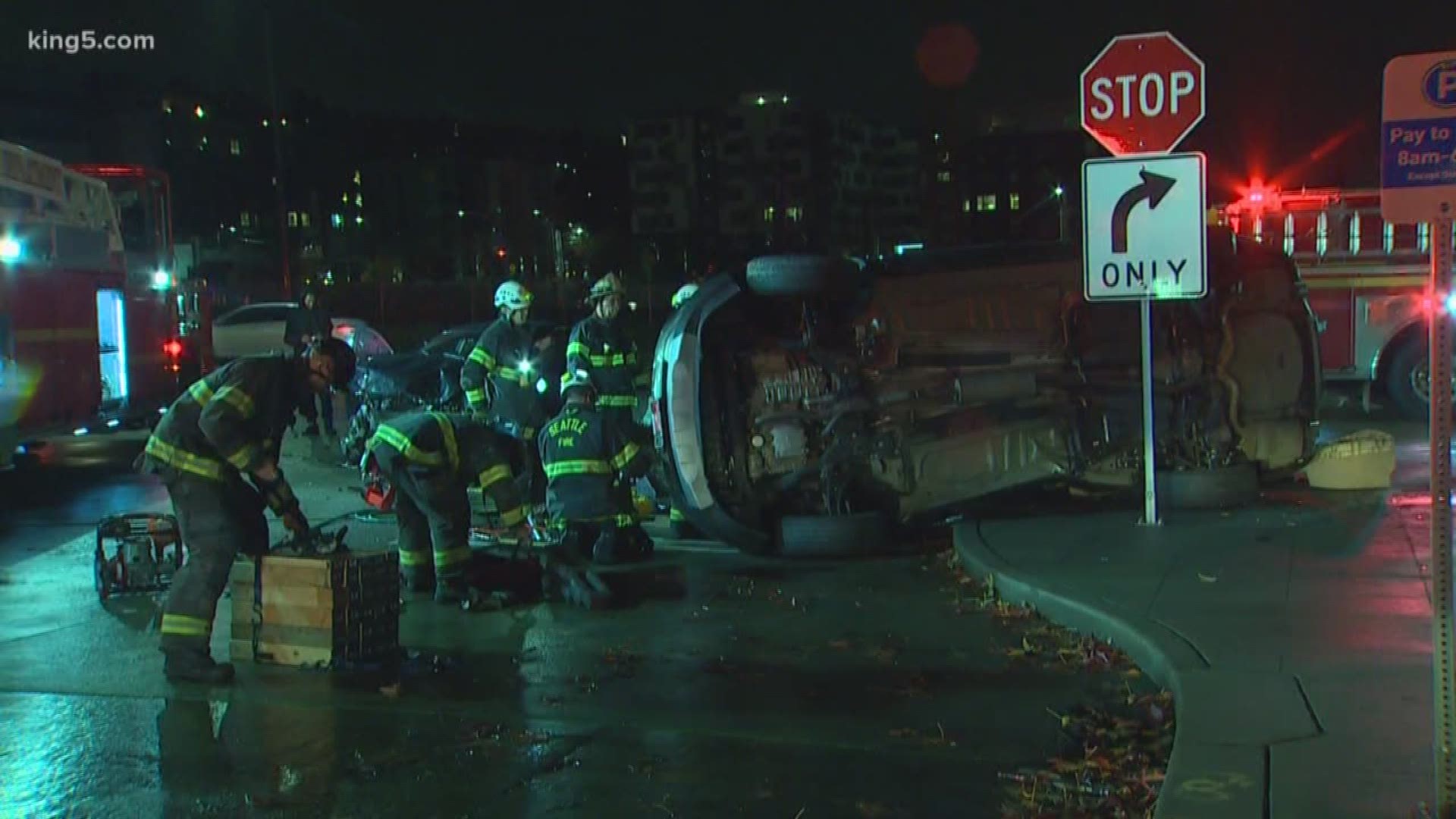BELLEVUE, Wash. — First responders in Washington state and around the country often see some of the most gruesome scenes, and while they are taking care of victims, often what gets lost is who’s taking care of them.
"When we don’t get this right, it can be devastating,” Bellevue Fire Department Chief Jay Hagen said. “I’ve dealt with that a few times in my career.”
Hagen is also a board member for Code 4 Northwest – a volunteer support and crisis response group for active and retired first responders in the state.
“Sometimes, the effect is cumulative and sometimes what we see and deal with at work is too much and we need help,” Hagen said.
When a first responder or their family calls Code 4 Northwest, they’re either referred to a clinic or given the resources they need to get immediate help.
“We’re on a trajectory to take better care of our people than maybe we have in decades past," Hagen said.
A 2018 report from Substance Abuse and Mental Health Services Administration estimates that 30% of first responders develop behavioral health conditions like depression and PTSD.
“We want first responders to understand what's happening to them, we want them to know it’s completely normal and we want them to reach out for help in these things because without it, it can be disastrous,” Hagen explained.
Hagen said the everyday stressors can be triggered by certain situations they respond to
“For me, when I saw things that happened to children, that seemed to be a particular vulnerable thing,” Hagen said.
As mental health and the stigma surrounding talking about it changes in our country, that change is happening for first responders, too.
“Early on in my career, we were taught to walk it off, now we’re more a lot more cognizant that this kind of injury can occur at work.”
Hagen said these options are necessary and he urges any first responder to get help if they need it.
“Please be honest with yourself, if you’re hurting and you know something's not right please make the call. Please reach out --your brothers and sisters are there to help.”
The 24-hour, confidential crisis line for Code 4 Northwest is 425-243-5092.

